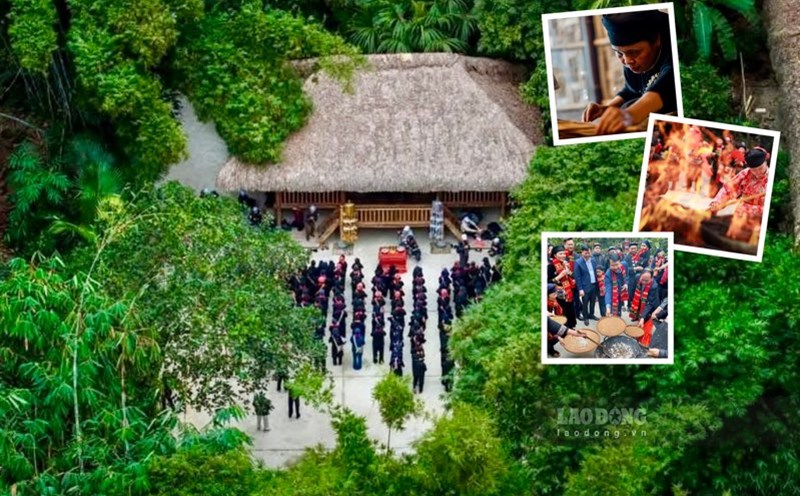Tan Cuong tea area (Thai Nguyen city) is known as the cradle of delicious tea, a gathering place for the quintessence of Vietnamese tea makers.
In recent years, the livelihoods of the people here have not stopped at growing and supplying tea products to the market, but have gradually expanded towards developing tourism associated with tea culture.
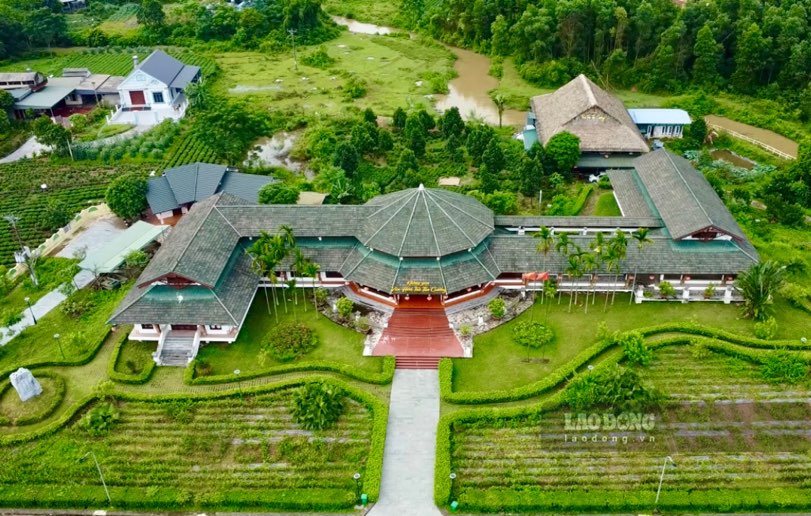
According to the proposed plan for the first quarter of 2025, the tea ingredient area in the center of Tan Cuong commune will be expanded by nearly 20 hectares. A second raw material area will also be added in this commune with an area of over 33 hectares.
This is not only an increase in production scale, but also a premise for forming experiential spaces associated with community tourism.
Visitors not only get to visit but also directly participate in the stages of harvesting, staring, making sweet soup, hearing stories about the history of craft villages and the lifestyle of tea growers through many generations.
To realize the idea, many households in Tan Cuong commune have proactively renovated tea gardens into small tourism models, welcoming visitors to experience, learn how to prepare handmade tea, and enjoy tea according to traditional rituals.
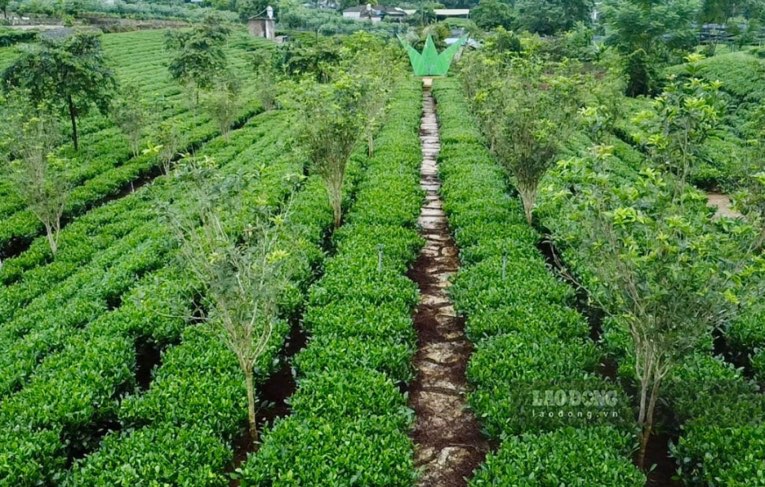
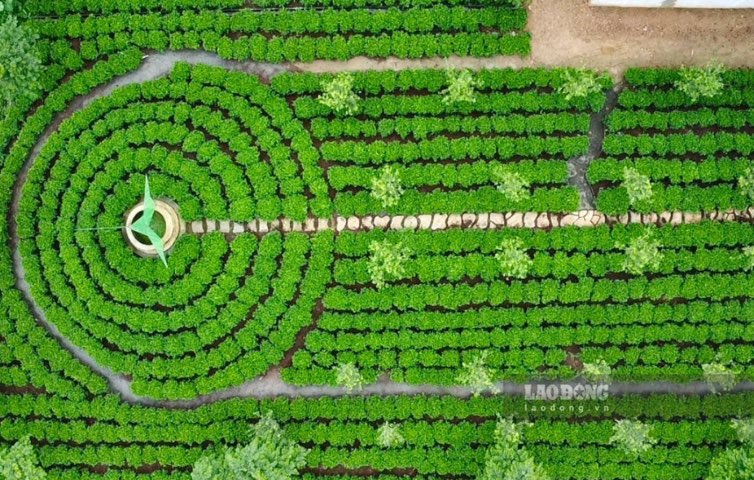
Along with that, the project to plan the construction, investment in infrastructure development, residential areas, services, and eco-tourism associated with Thai Nguyen tea culture with an area of nearly 28 hectares in the center of Tan Cuong commune was also proposed.
This area is considered to have a favorable location, located near main roads and can be connected to popular places such as Nui Coc lake or golf courses...
In the future, when infrastructure is invested synchronously, this will be the starting point for a new-style agricultural tourism model, where tea culture becomes a typical product in a cultural space imbued with identity.
From simple agricultural products, tea trees have become a tool for cultural communication, a spiritual specialty to tell the story of a land.
To realize this, it is important to preserve the soul of the tea area when doing tourism. Do not let tourism be overcommercialized, disrupt the landscape, or fade identity.
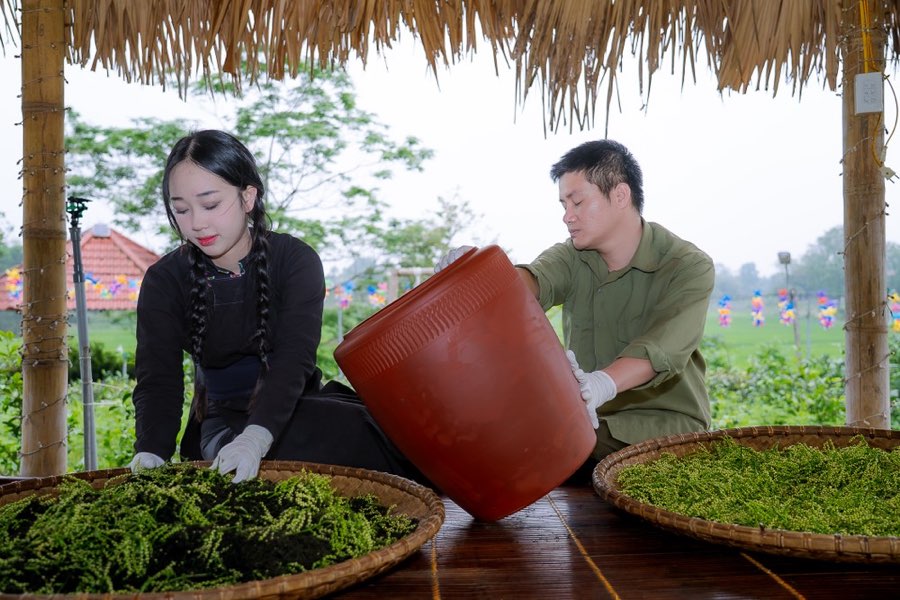
The shift from simple agriculture to the experiential economy in the Xinjiang tea region is not only a new step in a land, but also a way for tea makers to continue their story from the diligent tea beds on the hills, to a vibrant cultural land, where the scent of tea connects people and the land.
According to information from the People's Committee of Thai Nguyen province, Xinjiang is a key tea area, with the largest area and output, playing a core role in the tourism development strategy associated with tea culture.
This is also a highlight in the tourism planning of the whole province, in addition to neighboring tea areas such as La Bang, Phu Luong, Dai Tu, Vo Nhai...
Tea trees not only create livelihoods but also become cultural identities, promoted by the province as a typical tourism product.
Many new activities such as tea hills experience, tea cuisine, community tourism are taking shape, contributing to making Xinjiang an attractive destination for tea countries


